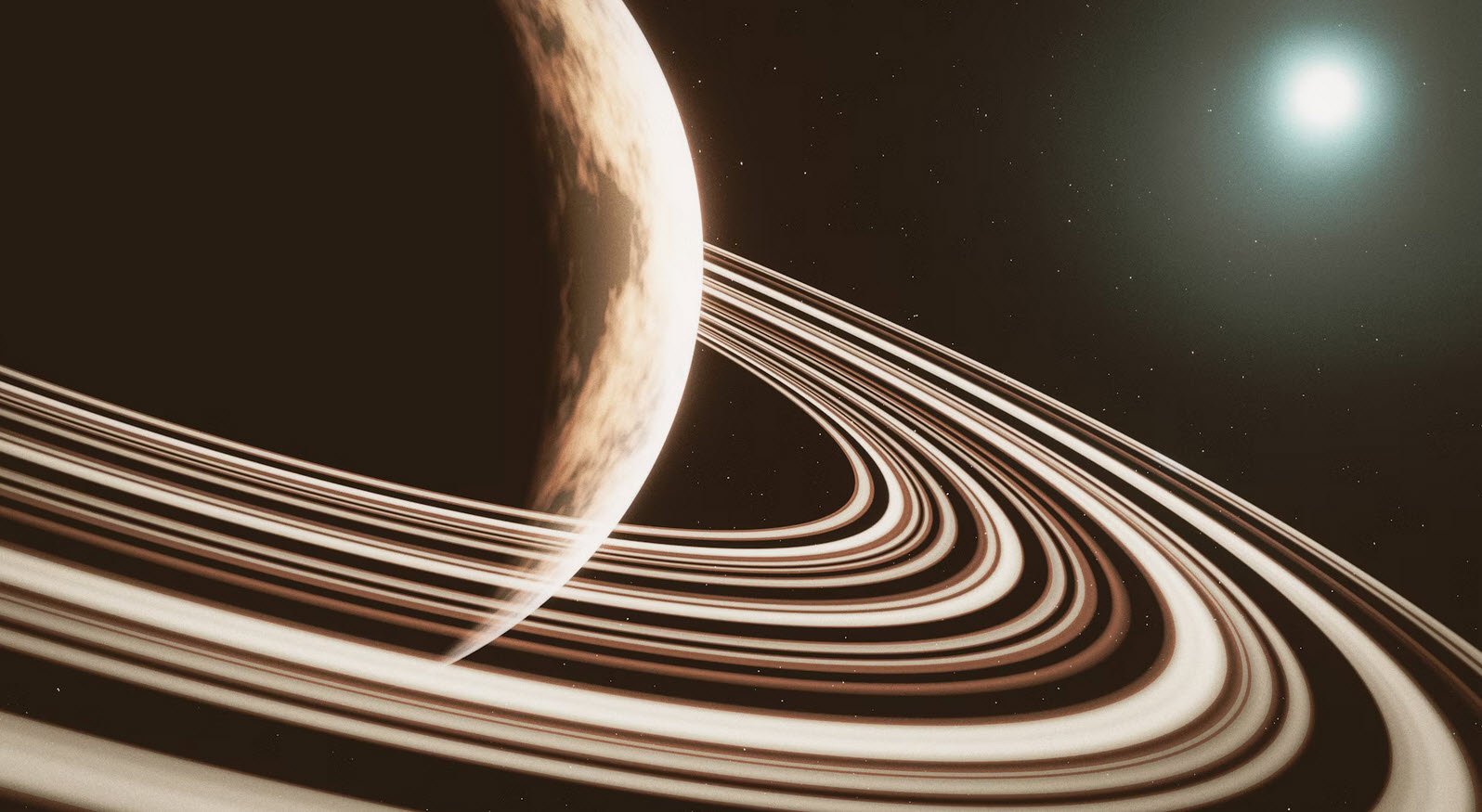
Biology is a subject of science that deals with living organisms and their vital processes. Biology encompasses diverse fields, including botany, conservation, ecology, evolution, genetics, marine biology, medicine, microbiology, molecular biology, physiology, and zoology. Biology deals with all the physicochemical aspects of life.
Biology is often approached on the basis of levels that deal with fundamental units of life. Cell biology is the study of cells—the fundamental units of structure and function in living organisms.
Suggested Read:
- Geography MCQ Questions and Answers – Set 1
- Geography MCQ Questions and Answers – Set 2
- General Science 500+ Questions With Answers
- 100+ Science Quiz For Kids of Classes 1 to 10
- 85 Mostly Asked Environmental Science Interview Questions
- [Science] Chemistry Multiple Choice Questions with Answers
- 50+ Interesting Questions Related to Environment
- 200 Environment Related Multiple Choice Questions (MCQ)
Both living and non-living things are composed of molecules made from chemical elements such as Carbon, Hydrogen, Oxygen, and Nitrogen. The organization of these molecules into cells is one feature that distinguishes living things from all other matter. The cell is the smallest unit of matter that can carry on all the processes of life.
Take things to the next level with these 40 questions.
Q1. Alcoholic drink contains _________________
Q2. Glucose in stored in the form of _________________ by Animals.
Q3. Ascariasis is caused by _________________
Q4. BCG vaccination (Bacillus Calmette Guerin) gives immunity from _________________
Q5. Blood groups was discovered by _________________
Q6. The first successful heart transplant in India was performed by _________________
Q7. The oral polio vaccine was discovered by _________________
Q8. Companion cells are unique to _________________
Q9. DNA stands for _________________
Q10. Dog bite can cause rabies. Bite of which other animal can also cause rabies?
Q11. Endocrine glands are also known as _________________
Q12. The Small Pox vaccine was discovered by _________________
Q13. Deficiency of iodine leads to _________________
Q14. First vaccine produced by bio-technology was used against which virus?
Q15. Turmeric is obtained from _________________ of a Plant.
Q16. Genes are made by _________________
Q17. Haematopoiesis occurs in _________________
Q18. Leoprasy is also known as _________________
Q19. A human skull has _________________ number of bones.
Q20. Deposition of which acid in the muscles leads to a feeling of fatigue in Humans?
Q21. RBC’s count in the blood is increased when a person is having _________________
Q22. Where are the Lacrymal glands situated in the human body?
Q23. The red, blue and purple colours seen in plants are because of the _________________ pigment.
Q24. Which part of the human brain controls Motor skills of the body?
Q25. What is the name the hormone that regulates the amount of glucose in the blood?
Q26. Name the gas used for making vegetable ghee?
Q27. Which is the largest gland in the human body?
Q28. The smallest functional unit of a kidney is the?
Q29. James D. Watson, a Nobel Prize winning scientist is expert in the field of _________________
Q30. Polio is caused by a _________________
Q31. The flow of energy in the Energy Pyramid is always _________________
Q32. Saliva helps in the digestion of _________________
Q33. Which Parent’s chromosome is used for sex determination test?
Q34. The bio-gas used for cooking is a mixture of _________________
Q35. The yellow color of the human feces is a result of the pigment called _________________
Q36. Which air pollutant causes the most serious health hazards?
Q37. Vitamin K is required for the synthesis of _________________
Q38. Which compound is used in anti-malarial drug?
Q39. Dental cavities are caused because of the deficiency of?
Q40. What is the process of filtering blood through an artificial kidney called?
Answers:
- Ethyl Alcohol
- Glycogen
- Round Worm
- Tuberculosis
- Karl Landsteiner
- Dr. Panangipalli Venugopal
- Jonas Salk
- Angiosperms
- Deoxyribonucleic Acid
- Bat
- Ductless Glands
- Edward Jenner
- Enlargement of Thyroid Gland
- Hepatitis-B
- Stem
- Polynucleotides
- Bone marrow
- Hansen’s Disease
- 22 Bones
- Lactic Acid
- Polycythemia
- Eye Orbit
- Frontal Lobes
- Insulin
- Hydrogen
- Liver
- Nephron
- Genetics
- Virus
- Upwards
- Starch
- Father
- Methane & Carbondioxide
- Urobilin
- Sulphur dioxide
- Prothrombin
- Chloroquine
- Fluorine
- Dialysis
- Exploring the Enigmas of Science – Unraveling Celestial Mysteries and Physical Conundrums
- Semiconductor Related Terms – A Beginner’s Guide
- Major Trenches and Ridges Around the World
- [The Planets] Mercury to Neptune – Some Known Facts
- Unraveling Earth’s Mysteries – A Journey through Intriguing Questions
- The Principal Causes of Pollution – A Comprehensive Overview
- Thermal Pollution – Causes, Effects, and Solutions
- What is Noise Pollution?
- Why Are Bacteria and Microbes Afraid of UV Light?
- Soil Pollution – Causes, Effects, and Solutions







